The phrase is a reference to Vladimir Nabokov's book Lolita, in which a middle-aged man becomes sexually obsessed with a twelve-year-old girl. It was first used in Japan in the 1970s and quickly became used to describe erotic dojinshi (amateur comics) portrayals of young girls. In the 1980s, lolicon manga became widely available in a number of anthology pornographic manga magazines. In 1989, a serial killer was found to be a devoted lolicon fan, creating a moral panic and calls for regulation of manga.
Laws have been enacted in various countries, including in Japan, which regulate explicit content featuring children or child-like characters. Parent and citizens groups in Japan have organized to work toward stronger controls and stricter laws governing lolicon manga and other similar media. Critics say that the lolicon genre contributes to actual sexual abuse of children, while others say that there is no evidence for this claim. Studies of lolicon fans state that lolicon fans are attracted to an aesthetic of cuteness rather than the age of the characters, and that collecting lolicon represents a disconnect from society.
The kawaii (cute) style is extremely popular in Japan, where it is present in many of the manga/anime styles. The school-age girl in a school uniform is also an erotic symbol in Japan. Burusera shops cater to men with lolicon complexes by selling unwashed panties, men can make dates with teenagers through terekura (telephone clubs), and some schoolgirls moonlight as prostitutes. Sharon Kinsella observed an increase in unsubstantiated accounts of schoolgirl prostitution in the media in the late 1990s, and speculated that these unproven reports developed in counterpoint to the increased reporting on comfort women. She speculated that, "It may be that the image of happy girls selling themselves voluntarily cancels out the other guilty image".
Men began reading shōjo manga in the 1970s, including the works of the Year 24 Group and the "girly" works of Mutsu A-ko. According to Dinah Zank, lolicon is "rooted in the glorification of girls culture in Japan", and therefore uses shōjo manga vocabulary. The lolicon style borrows from shōjo manga designs and has also been influenced by women creating pornographic materials for men.
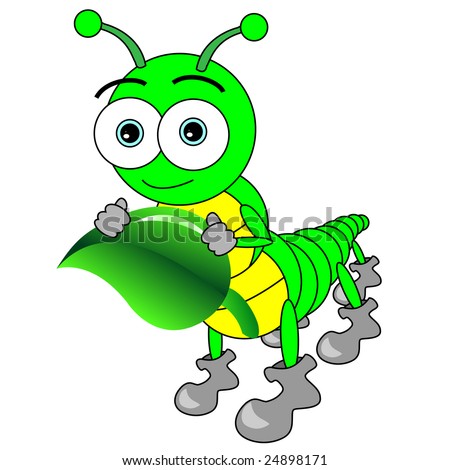
makeup Cute Caterpillar

Cute Cartoon Animal Wallpaper

S00123. Cute Green \x26amp; Purple

happy cartoon caterpillar.
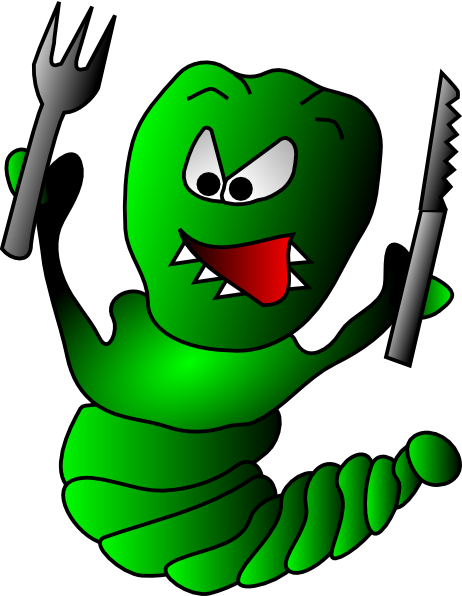
Caterpillar clip art

to stupid Caterpillar

Cute Caterpillar Greeting
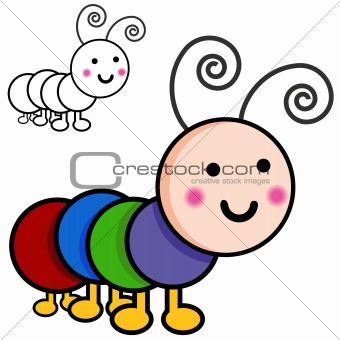
Caterpillar Cartoon Bugs
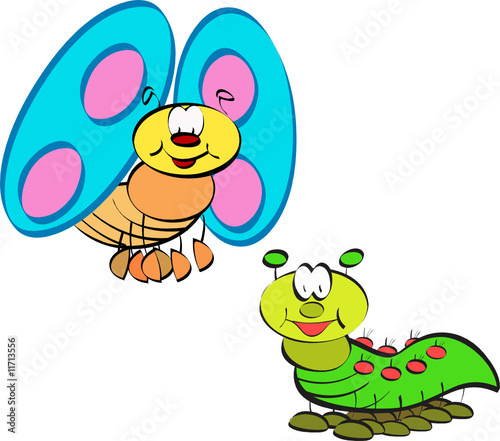
and caterpillar cartoon
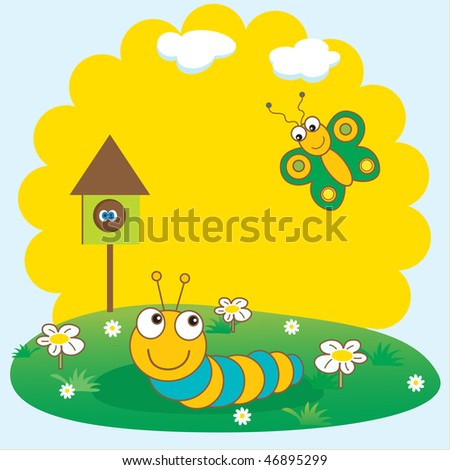
vector : Cute caterpillar.

bugs \x26middot; cartoon \x26middot; caterpillar

Cute Caterpillars On A

Caterpillar with Butterfly and

Caterpillar alias ulat bulu
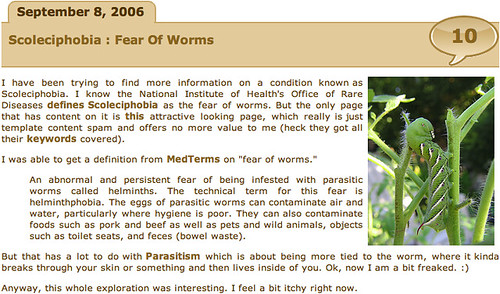
the worm looks kinda cute.

And this cute caterpillar just
Laws have been enacted in various countries, including in Japan, which regulate explicit content featuring children or child-like characters. Parent and citizens groups in Japan have organized to work toward stronger controls and stricter laws governing lolicon manga and other similar media. Critics say that the lolicon genre contributes to actual sexual abuse of children, while others say that there is no evidence for this claim. Studies of lolicon fans state that lolicon fans are attracted to an aesthetic of cuteness rather than the age of the characters, and that collecting lolicon represents a disconnect from society.
The kawaii (cute) style is extremely popular in Japan, where it is present in many of the manga/anime styles. The school-age girl in a school uniform is also an erotic symbol in Japan. Burusera shops cater to men with lolicon complexes by selling unwashed panties, men can make dates with teenagers through terekura (telephone clubs), and some schoolgirls moonlight as prostitutes. Sharon Kinsella observed an increase in unsubstantiated accounts of schoolgirl prostitution in the media in the late 1990s, and speculated that these unproven reports developed in counterpoint to the increased reporting on comfort women. She speculated that, "It may be that the image of happy girls selling themselves voluntarily cancels out the other guilty image".
Men began reading shōjo manga in the 1970s, including the works of the Year 24 Group and the "girly" works of Mutsu A-ko. According to Dinah Zank, lolicon is "rooted in the glorification of girls culture in Japan", and therefore uses shōjo manga vocabulary. The lolicon style borrows from shōjo manga designs and has also been influenced by women creating pornographic materials for men.

makeup Cute Caterpillar

Cute Cartoon Animal Wallpaper

S00123. Cute Green \x26amp; Purple

happy cartoon caterpillar.

Caterpillar clip art

to stupid Caterpillar

Cute Caterpillar Greeting

Caterpillar Cartoon Bugs

and caterpillar cartoon

vector : Cute caterpillar.

bugs \x26middot; cartoon \x26middot; caterpillar

Cute Caterpillars On A

Caterpillar with Butterfly and

Caterpillar alias ulat bulu

the worm looks kinda cute.

And this cute caterpillar just
No comments:
Post a Comment